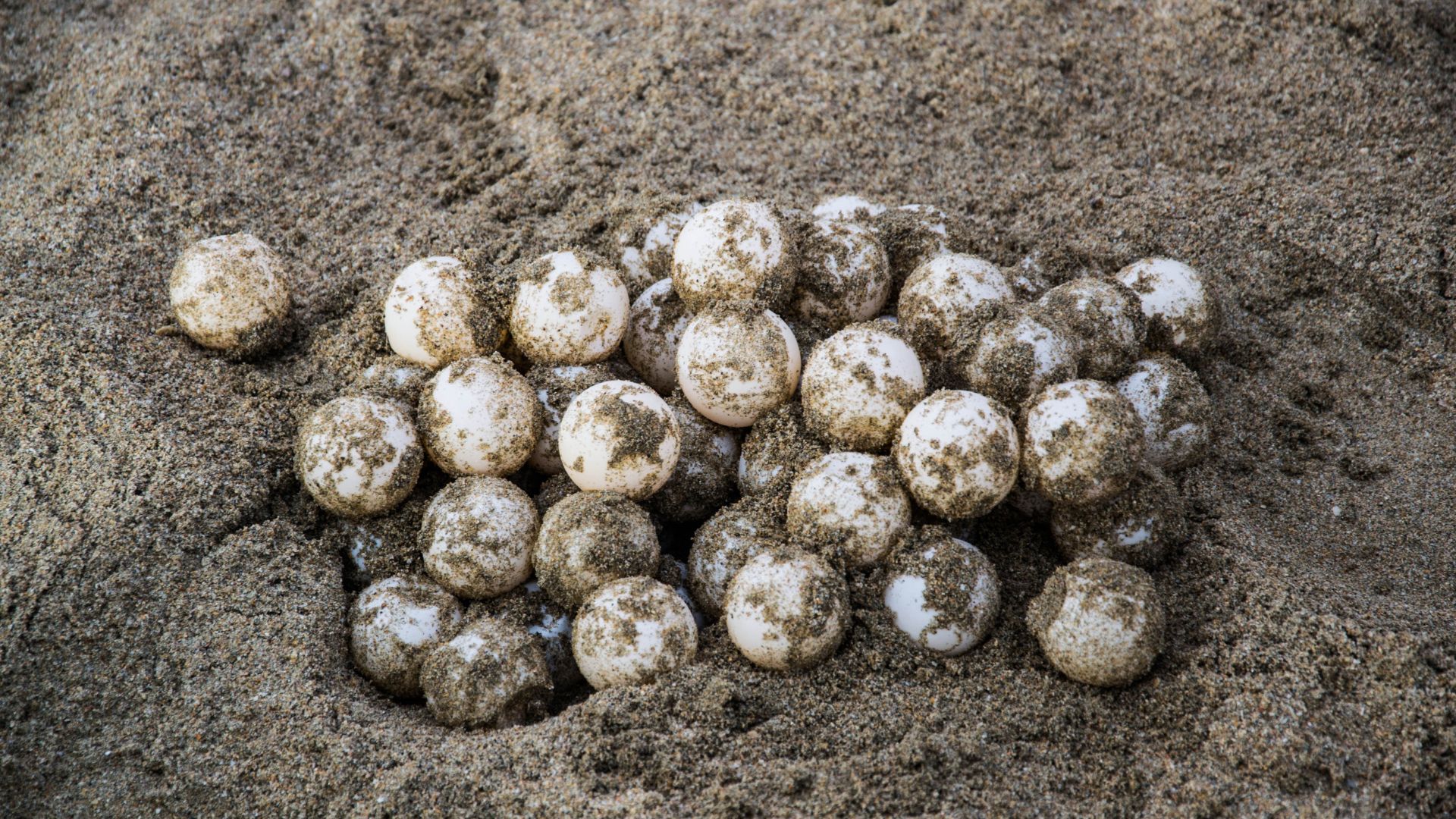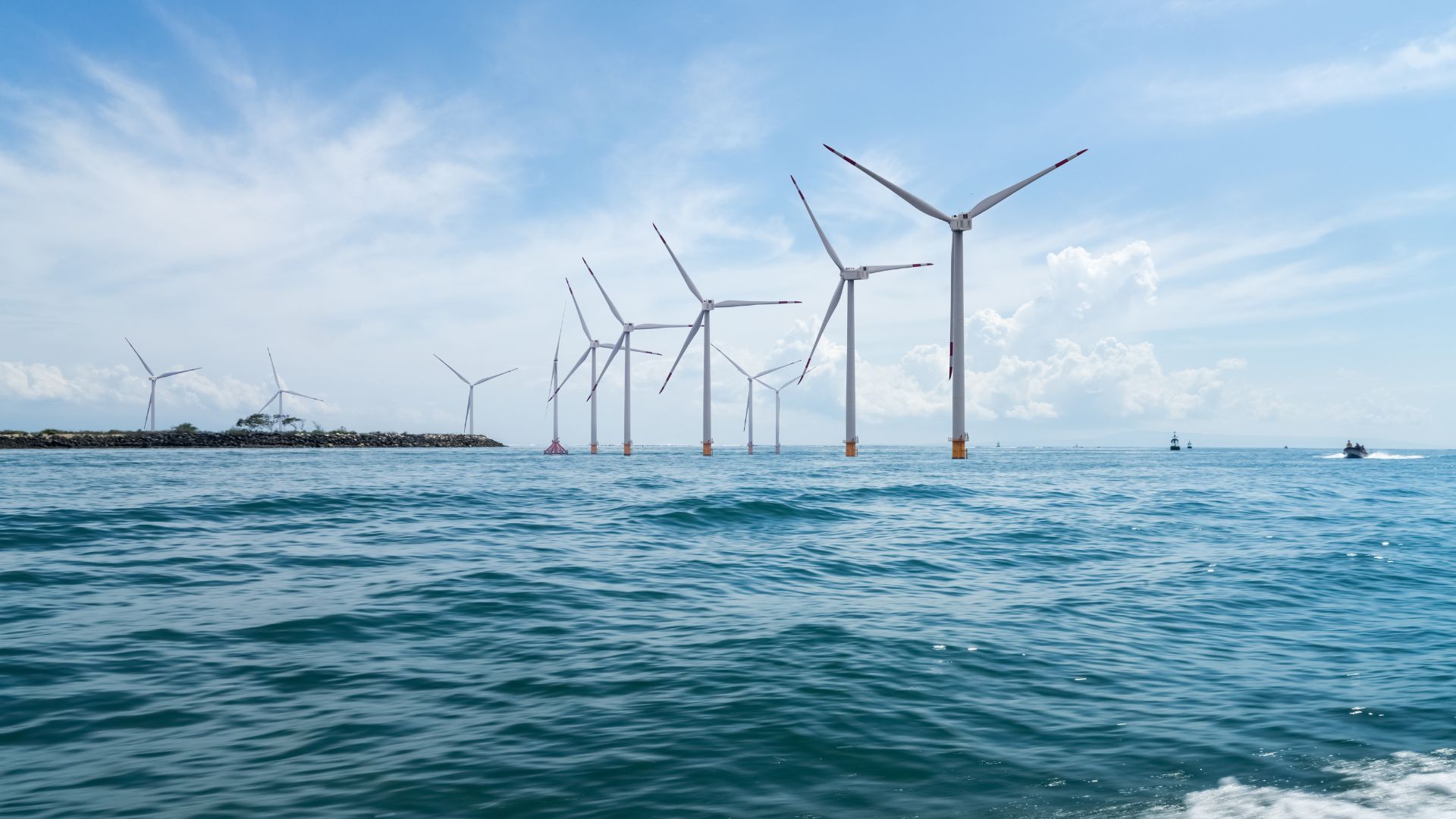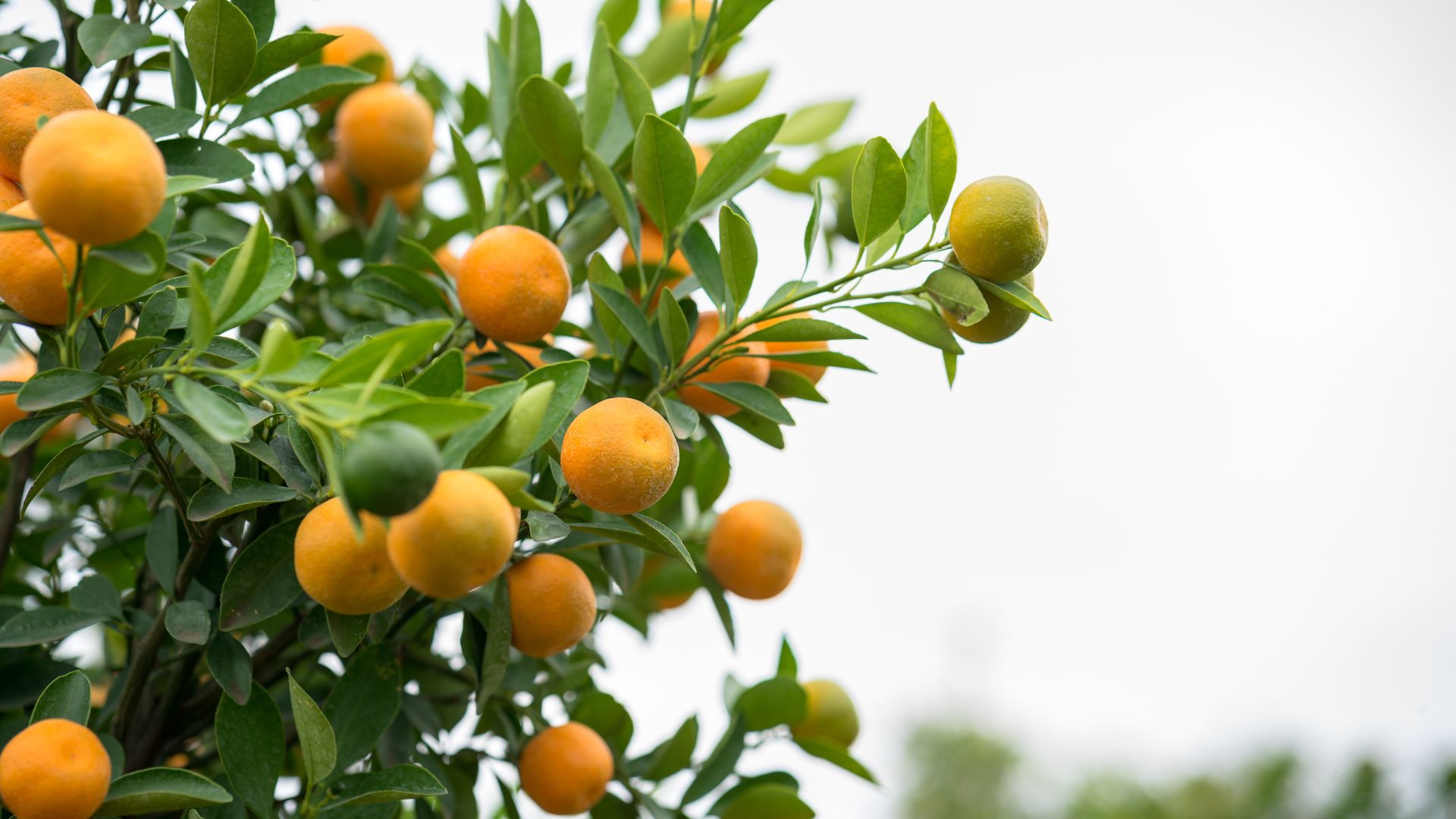This week’s good climate news
With so much still to do to slow warming and avoid the worst impacts of climate change, it’s important to fortify ourselves by celebrating wins along the way.

Pittsburgh expands electric truck fleet
The Steel City is reinforcing its commitment to climate action. Pittsburgh is upgrading its city vehicles and adding a set of all-electric Ford Lightning pickup trucks. The city’s climate goals call for the fleet to be entirely electric by 2030.
These 50 new electric trucks double the number in the Pittsburgh fleet. “These 100% electric vehicles are an investment in a clean, green future,” Mayor Ed Gainey said.

Record-setting number of sea turtle nests in Georgia
Officials just documented 3,966 sea turtle nests in Georgia — a new state record! This win exemplifies Georgia’s decade-long conservation efforts and the record-breaking numbers prove it.
The loggerhead sea turtle is still considered endangered, but scientists believe sea turtles lay their eggs on the same beach where they were born, so there might be even more nests next year.

We’re big fans of California's energy plans
California (again) proves itself as the U.S. leader in clean energy and adopts the country’s most ambitious offshore wind goals. The state will deploy 3-5 gigawatts of offshore wind by 2030, which could power 3.75 million homes.
By 2045, these wind farms could be providing energy for 25 million homes in California. This will account for nearly 1/4 of all of California’s energy needs.

Citizen scientists aim to stop red tide
The National Oceanic and Atmospheric Administration launched a program last year to monitor red tides along U.S. coasts and is supported by volunteer citizen scientists who collect water samples and contribute to the database.
“We don’t yet have every beach every day, which is our goal, but we can potentially achieve that with the volunteers,” NOAA oceanographer Richard Stumpf said.

Healthy foods: Good for you, good for the planet
New research suggests foods with higher nutritional value are more sustainable and better for the environment than less nutritious foods. Those with the lowest environmental impact include fruits, vegetables and grains.
The massive, first-of-its-kind study looked at more than 57,000 food items in the U.K. and Ireland and could help people make better choices for themselves and the environment.










